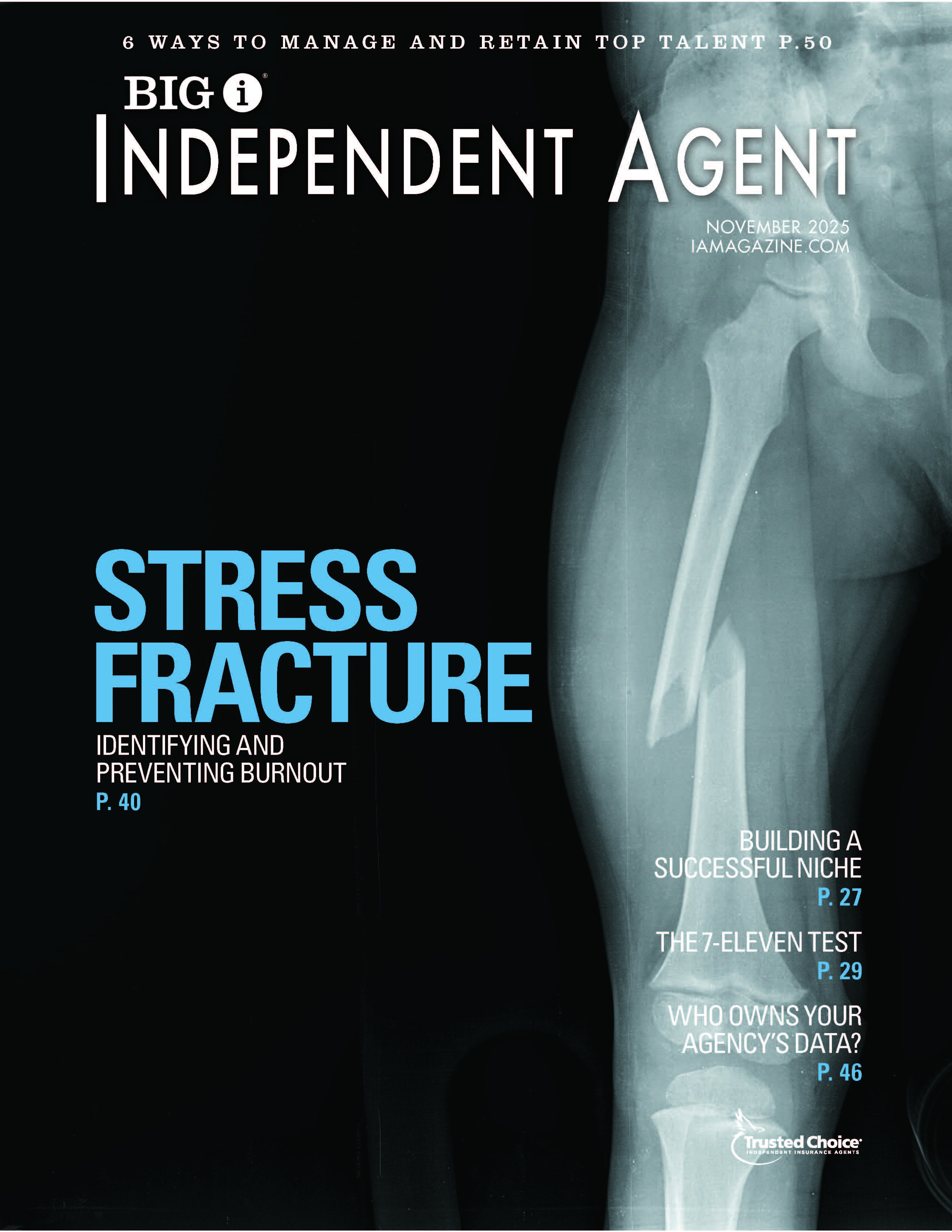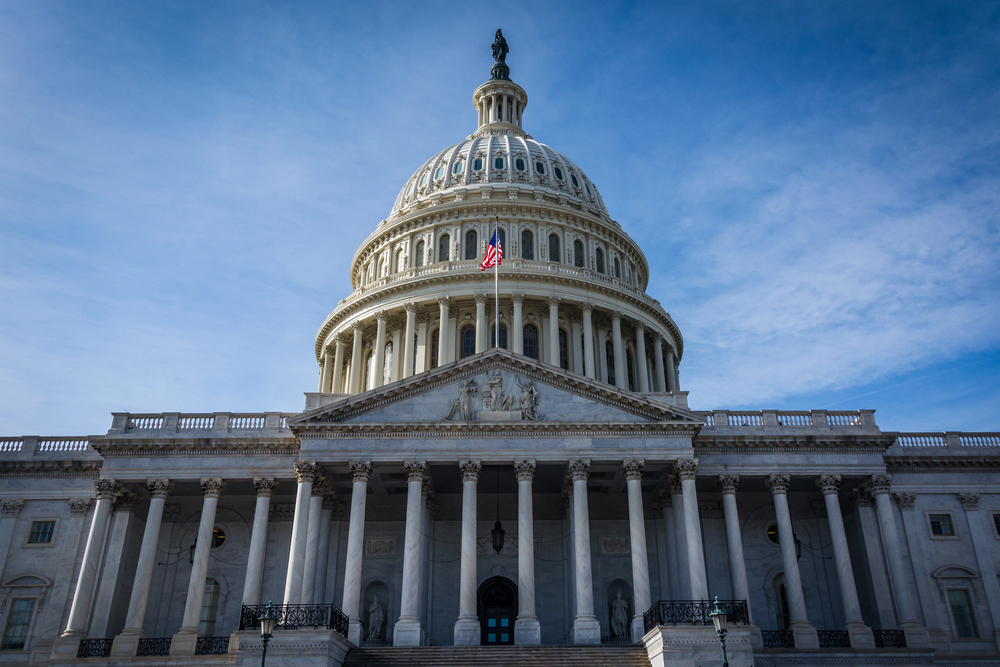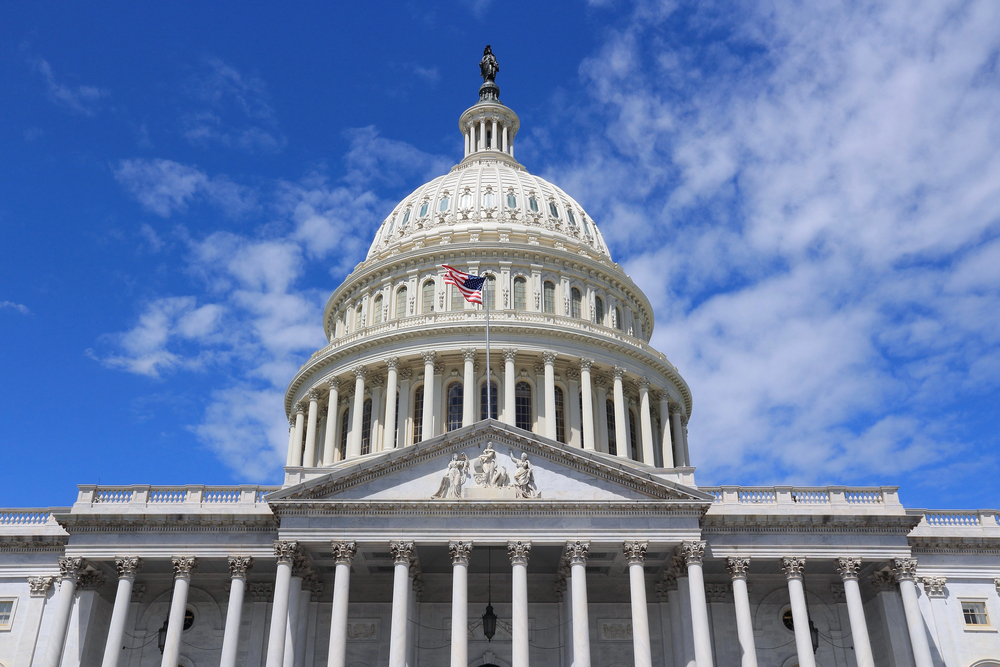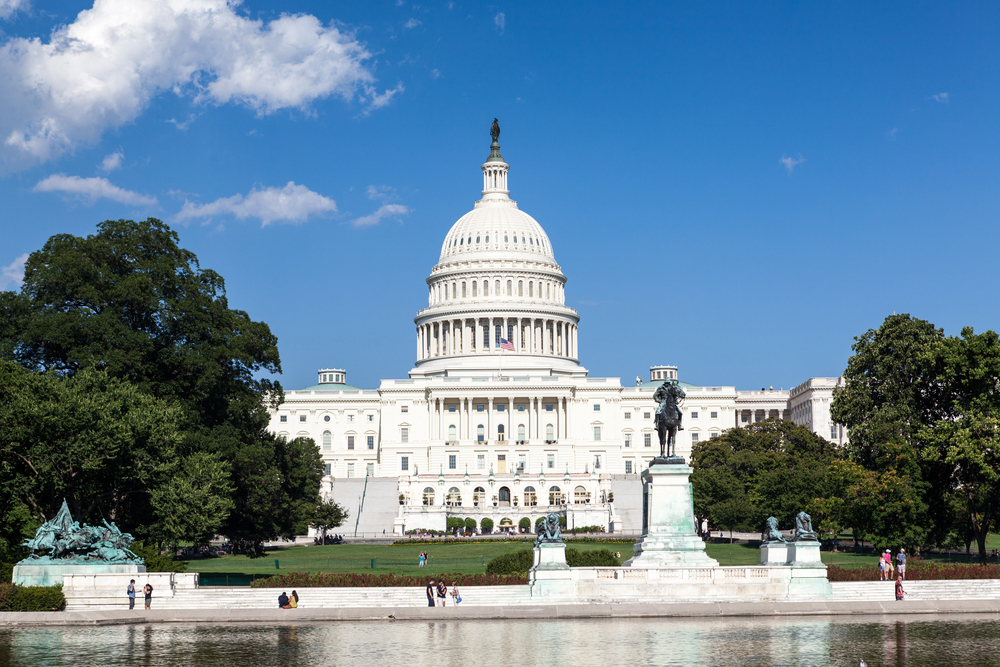Tax Increases Progress Out of Ways and Means Committee
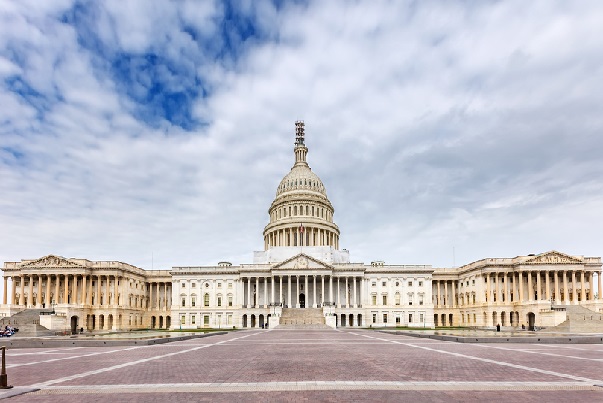
By: Wyatt Stewart
This week, the U.S. House Committee on Ways and Means marked up and passed a proposal intended to pay for the Democratic party’s $3.5 trillion spending package. No Republicans voted for the legislation.
Although the legislation passed out of the Ways and Means Committee, it is far from final, and congressional Democrats are expected to continue negotiations that could result in substantial changes to the package.
The House Democrats’ plan replaces the flat corporate income tax with a graduated rate structure. The rate structure provides for a rate of 18% on the first $400,000 of income; 21% on income up to $5 million, and a rate of 26.5% on income thereafter. The benefit of the graduated rate phases out for corporations making more than $10 million. Personal services corporations are not eligible for graduated rates.
The plan also includes several troubling provisions for pass-through businesses that would cause steep tax increases. It raises the current top individual tax rate from 37% to 39.6% while lowering the income threshold. This new top rate now applies to married individuals filing jointly with taxable income over $450,000, heads of households with taxable income over $425,000 and unmarried individuals with taxable income over $400,000. Previously, the 37% top rate of tax applied to married couples filing jointly earning over $628,301 and single filers and heads of households earning over $523,601.
The Democrats’ plan also takes aim at the 20% small business deduction by setting the maximum allowable deduction at $500,000 for joint returns, $400,000 for an individual return, $250,000 for a married individual filing a separate return and $10,000 for a trust or estate. The amendments made by this provision would apply to taxable years after Dec. 31. The plan also expands the 3.8 percent net investment income tax to include net investment income derived in the ordinary course of a trade or business for taxpayers with greater than $400,000 in taxable income (single filers) or $500,000 (joint filers), as well as for trusts and estates.
Additionally, the proposal increases the top capital gains tax rate from 20% to 25%, effective after Sept. 13, 2021, the date House Democrats introduced the tax portions of their legislation. The capital gains increase also targets a wider group than President Joe Biden initially laid out in his plans. Although the White House had previously said a capital gains hike would only apply to individuals making over $1 million a year, this targets single filers with taxable income over $400,000 and married couples with taxable income of $450,000, casting a much wider net.
In a bright spot for family-owned businesses, the committee’s proposal did not include any changes to stepped-up basis. Last week, the Big “I” sent a letter to the Ways and Means Committee urging Congress to make no changes to stepped-up basis.
The proposal does make changes to the estate tax, however. President Donald Trump’s tax plan had previously doubled the estate and gift tax exemption to $10 million per person (plus inflation adjustments). The provision is currently scheduled to expire on December 31, 2025. The Democrats’ plan would move the expiration date up to December 31, 2021 and cause the estate and gift tax exemption to drop to drop back to $5 million per person (plus inflation adjustments) down from the current $11.7 million per person.
In additional financial planning news, the proposal closes “back-door” Roth IRA strategies by eliminating Roth conversions for both IRAs and employer-sponsored plans for single taxpayers or taxpayers married filing separately with taxable income over $400,000, married taxpayers filing jointly with taxable income over $450,000, and heads of households with taxable income over $425,000. The amounts are all indexed for inflation. This provision applies to distributions, transfers and contributions made in taxable years beginning after Dec. 31, 2031. Furthermore, this section prohibits all employee after-tax contributions in qualified plans and prohibits after-tax IRA contributions from being converted to Roth regardless of income level, effective for distributions, transfers, and contributions made after Dec. 31, 2021.
As congressional Democrats push forward with these proposals, the Big “I” will continue to advocate on behalf of its members and strongly oppose any attempts to increase taxes on Big “I” members.
Wyatt Stewart is Big “I” assistant vice president of federal government affairs.
